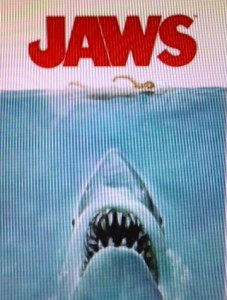“A father holds out his hands to a child who is learning to walk, and he comforts the child with words and draws it toward him, but he lets the child feel the risk it is taking, and lets it choose its own courage and the certainty of love and comfort when he reaches his father over—I was going to say choose it over safety, but there is no safety. And there is no choice, either because it is in the nature of the child to walk. As it is to want the attention and encouragement of the father. And the promise of comfort. Which it is in the nature of the father to give. I feel it would be presumptuous of me to describe the ways of God…when there is so much we don’t know. Though we are told to call Him Father.”
This excerpt is a letter from the remarkable old pastor John Ames, to his wife, Lila, in Marilynne Robinson’s new novel, Lila. The wife has gone through hardscrabble beginnings and is searching for an answer as to why things are the way they are. Why do things happen as they do? Over the course of the story, her husband reveals what he’s come to understand about existence and suffering.
 In the pastor’s kind letter, God is portrayed as a father who offers certain love. At the same time, the child has to take that step and feel the risk of taking it. The toddler has to choose its own courage, because there’s no safety in those first steps.
In the pastor’s kind letter, God is portrayed as a father who offers certain love. At the same time, the child has to take that step and feel the risk of taking it. The toddler has to choose its own courage, because there’s no safety in those first steps.
And so it is for us in choosing steps of faith.
Bill Glass, former NFL star, has worked in prison ministry for decades. He’s shared his life message—“The Healing Power of a Father’s Blessing”—in and out of penitentiaries all over the world. Years ago, I heard his basic talk on the subject. It’s in my top five.
He says a father’s blessing conveys love only if it includes the following…Continue reading
















